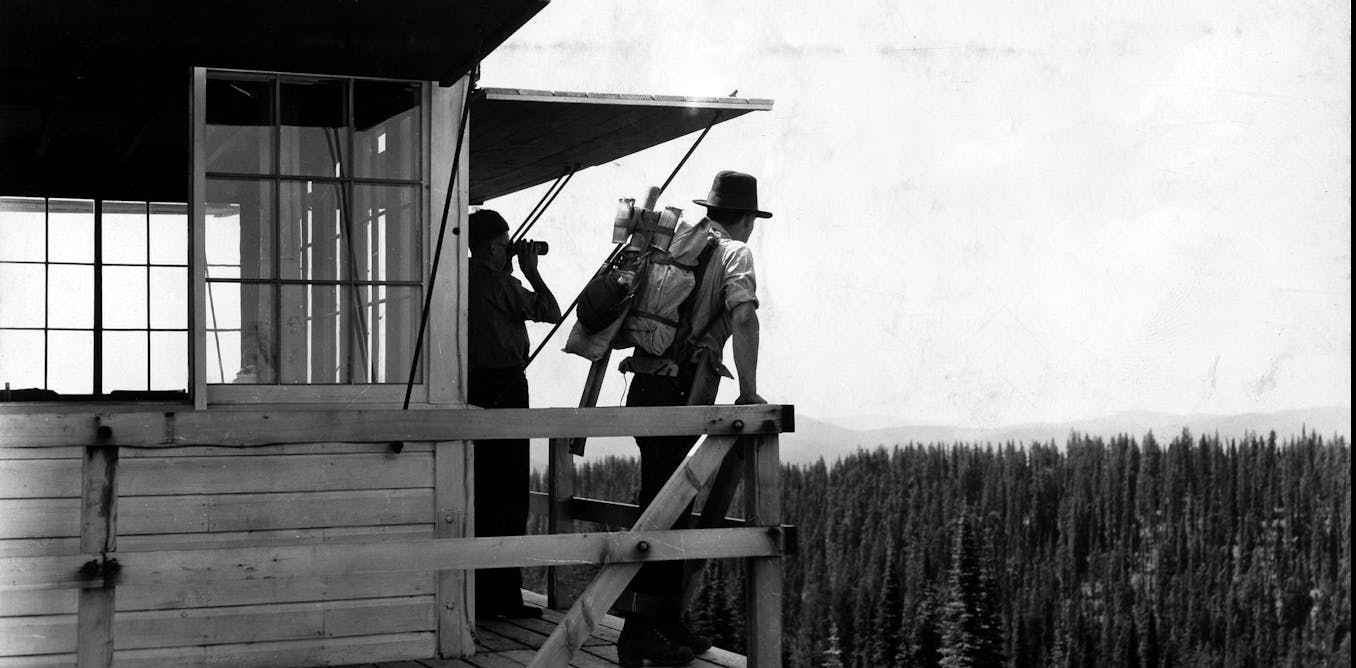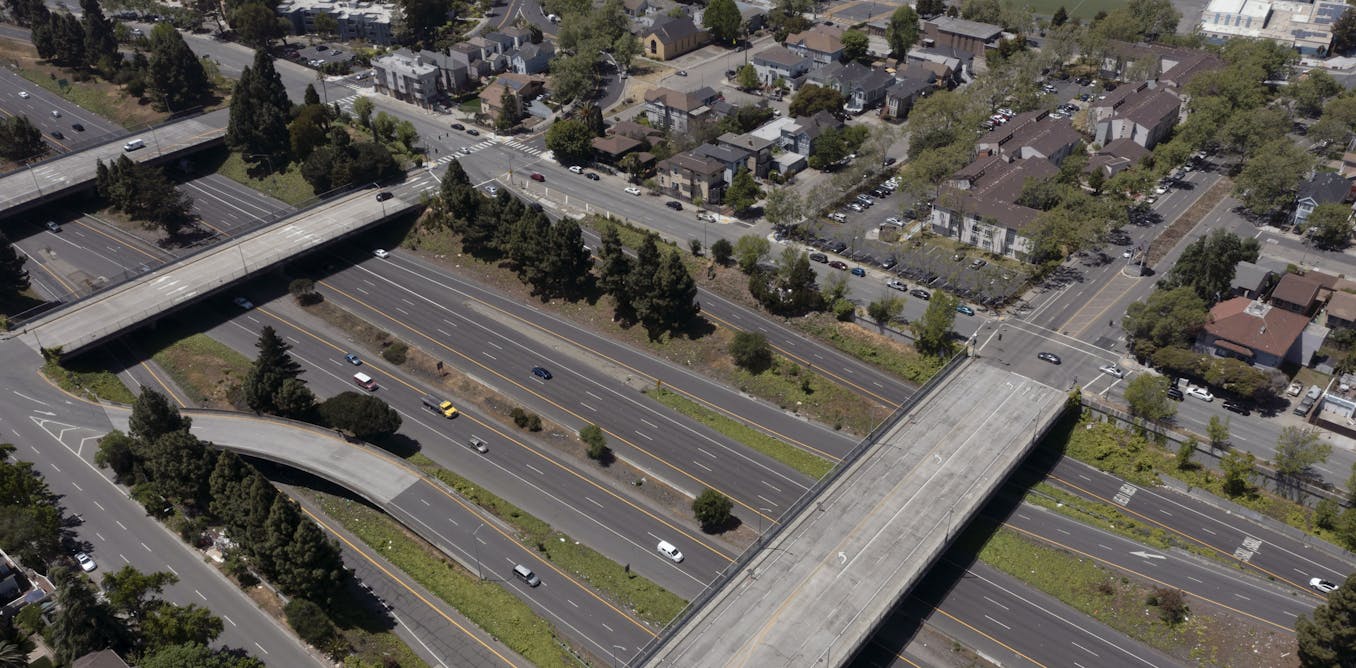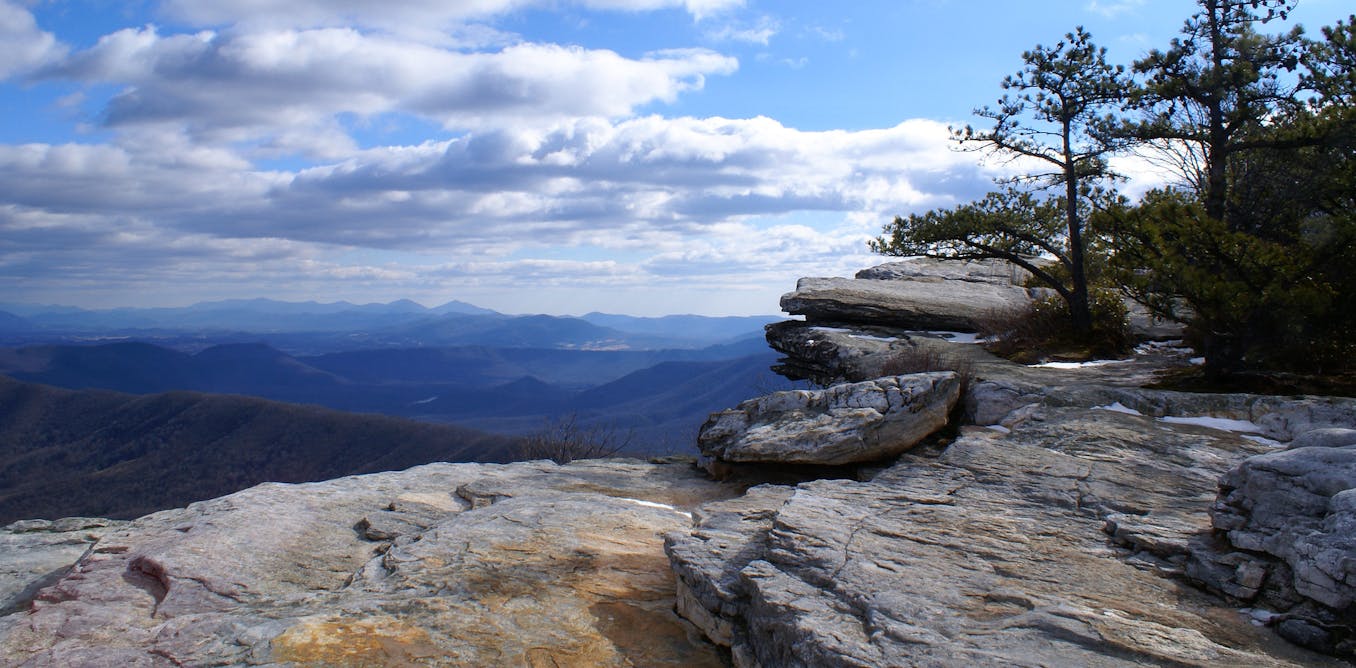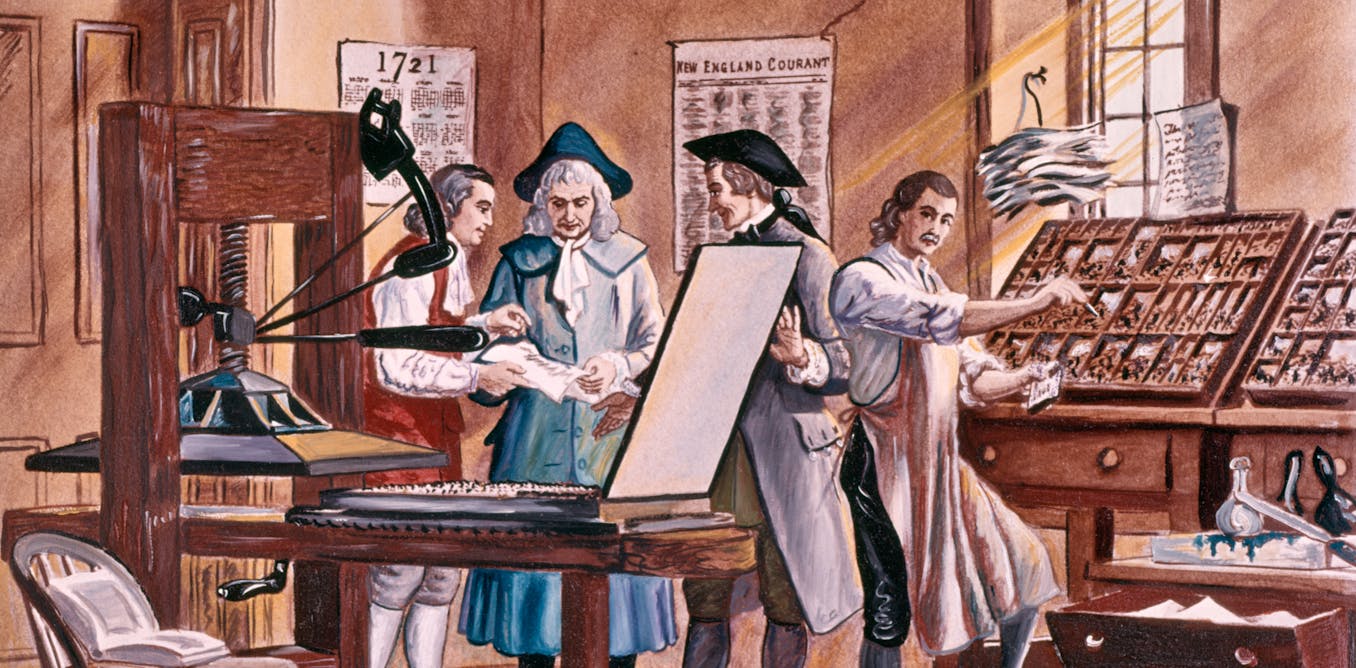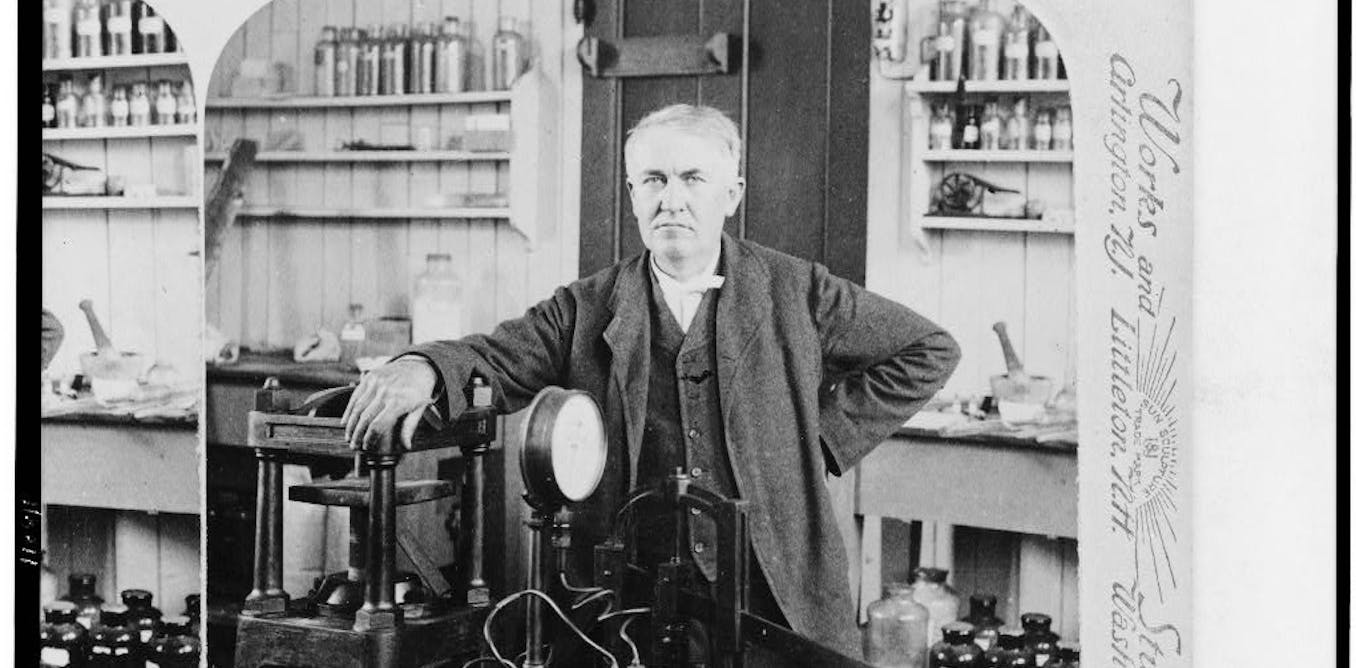Big fires demand a big response: How 1910's Big Burn can help us think smarter about fighting wildfires and living with fire
The U.S. has learned that it cannot suppress its way to a healthy relationship with fire in the West. That strategy failed, even before climate change proved it to be no strategy at all.
Sept. 27, 2021 • ~8 min

